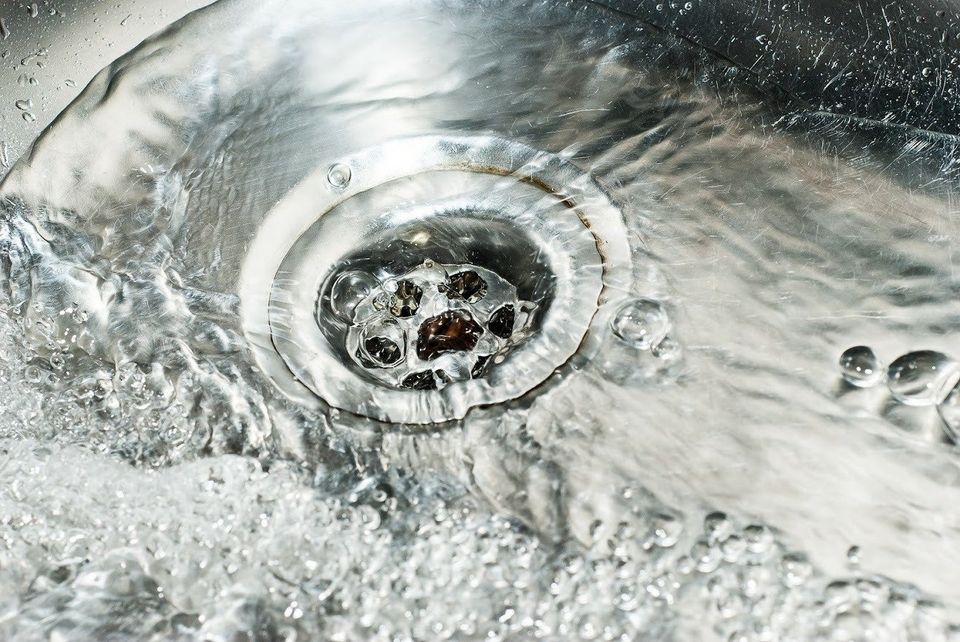Septic Wastewater Processing: What It Can and Can't Handle

Whether you're considering a home with a septic tank or whether you just want to learn more about a septic system you already have, one of the first things you need to learn is what you can put down the drain. Some things that you could easily expect a municipal water treatment plant to handle aren't necessarily okay for a septic system.
Here are the basics on what your septic system can and can't handle.
What Your Septic System Can Handle
Septic systems aren't magical, but they are quite good at what they do. They're designed to handle typical wastewater from your household. Here's what that includes.
Human Waste
Your septic system separates solid wastes from liquid wastes, treats the liquid wastes, then distributes the treated liquid wastes as water into the ground. The solid wastes include both solid human waste and dissolved bits of toilet tissue. Bacteria decomposes some of the solids, but not all of them. These solids are held in the tank, and once the tank is full enough, they'll need to be pumped out by a reputable septic contractor.
Water
You already know that your septic system is all about wastewater treatment and that water is actually necessary for the system to function. However, the amount of water your septic system can hold and how fast the water can travel through the system are limited based on the system's size.
So keep in mind that your system can treat water, but not an infinite amount.
Light Garbage Disposal Use
The debris from a garbage disposal (ground-up food scraps) counts as solid waste once it reaches your septic tank. You won't want to use the garbage disposal heavily since that could make your tank fill up very fast and require pumping more often. But light or infrequent use is likely to be fine, as long as you have your tank's levels checked frequently.
Consult with a professional to make sure your tank can handle your disposal use.
What Your Septic System Can't Handle
You may have some questions about other types of waste and whether or not your septic system can handle them. Here are some types of waste the system can't handle:
Cat and Dog Waste
Cat litter or dog waste in your toilet could damage your plumbing. But more than that, your septic system isn't designed to treat waste from these animals. So flushing these types of waste into your septic system may contaminate your yard or even groundwater.
One common culprit from cat waste is Toxoplasma gondii, which can cause toxoplasmosis. You can't be sure your septic system will eliminate this organism since the water treatment system is not designed to handle cat litter.
Concentrated Chemicals
Any type of cleaner that's marketed as antibacterial, antimicrobial, or sanitizing is obviously bad for your septic tank. That's because your septic tank depends on a complicated system of microbes to help treat the waste. When poured into the tank in large quantities, these cleaners (such as bleach) may disrupt the microbial balance.
However, other types of concentrated cleaners, such as drain cleaners, can also disrupt this microbial balance. Although you don't buy it to sterilize your drains, drain cleaner often can cause problems if used frequently.
Flushable Wipes
Even if you have a sewer hookup, you shouldn't expect it to handle flushable wipes. But if you have a septic system, these wipes are even more likely to cause a problem. They can cause clogs in pipes, even large sewer pipes. And, in part because of their plastic content, they act as solid waste, making your tank fill up faster.
These basics can help you navigate how to use your drains safely and avoid harming your septic system by accident. Remember, septic systems also require regular maintenance and pumping to stay in good shape. To learn more, get in touch with Southern Sanitary Systems Inc today.







